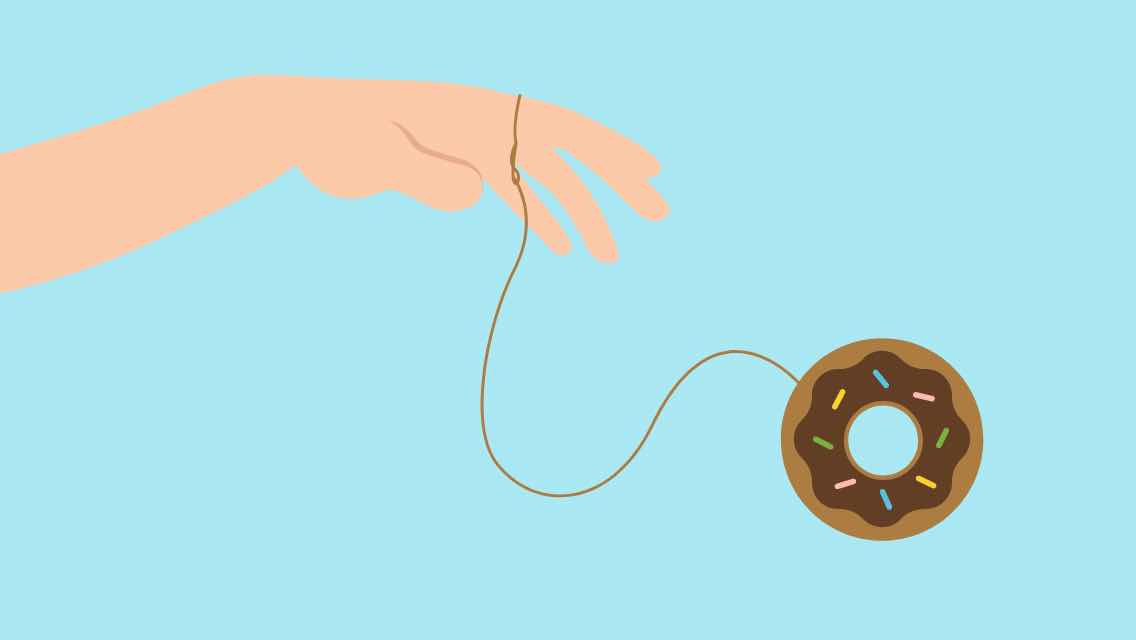The sensation of hunger is a signal from your body to the brain to find food. Your stomach might growl, you may feel irritable, and you are likely to become preoccupied with food until you eat.
The whole process is stimulated by the release of hormones. “Many metabolic hormones help regulate hunger, but two of the biggest are leptin and ghrelin,” explains functional-medicine dietitian Katherine Wohl, RDN, IFNCP. When you’re hungry, your stomach produces ghrelin and sends it to the brain — it’s like the warning light flashing on the fuel gauge in your car, alerting you that you’re running low.
Once you’ve eaten, leptin kicks in. Also known as the satiety hormone, leptin is secreted by fat cells, telling your brain that you’ve stored enough energy now, and that it can call off the alarm. “When we eat when we’re hungry, and stop when we’re full, we get those cues in a really harmonious way,” Wohl explains.
If there’s a hormonal disruption, however, the cues can go haywire.
Insulin is another hormone that regulates metabolism, and it can become dysregulated when there’s more glucose in the system than the body can handle. The stress hormone cortisol can also upend the hunger-signaling process. When metabolic hormones are out of balance, Wohl says, “we lose our body’s innate wisdom that helps tell us when we’re hungry and when we’re full.”
(To learn more about insulin and cortisol, go to “How to Balance Your Hormones.”)
This was excerpted from “9 Common Questions Answered About Hunger Cravings” which was published in Experience Life magazine.





This Post Has 0 Comments